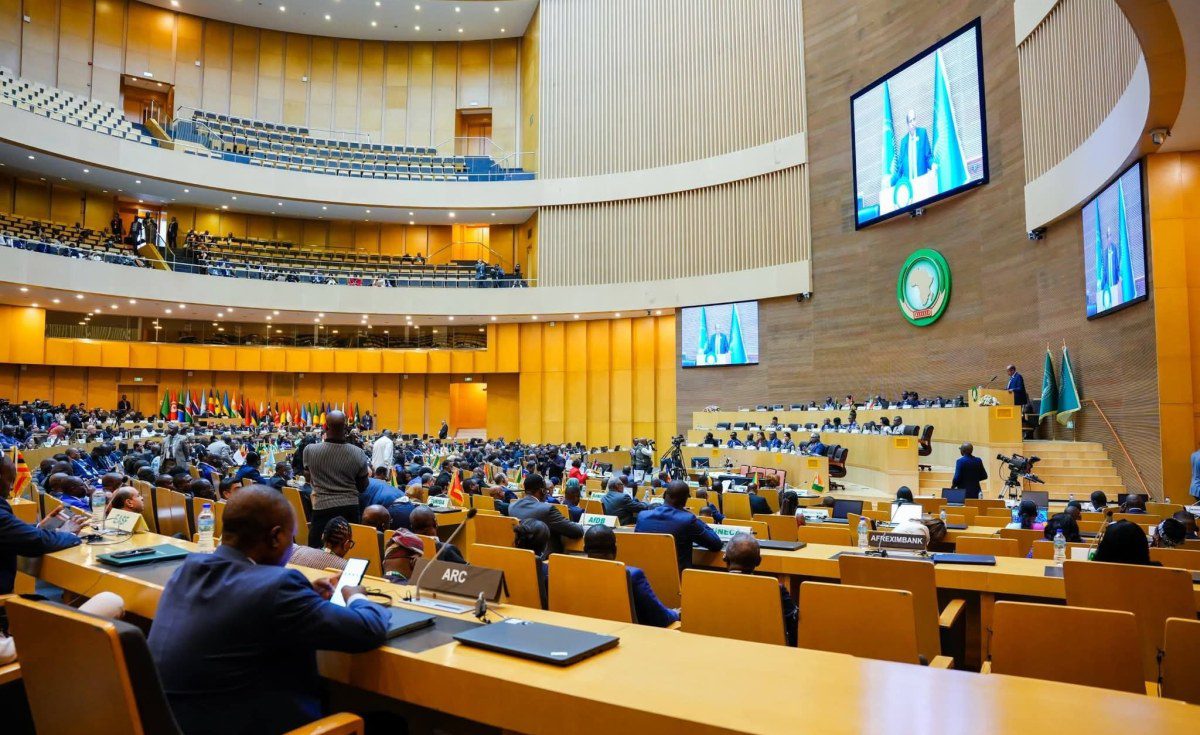Key Impact Points
- GOP’s Deregulation Focus: The Republican platform emphasizes deregulation and incentives for traditional energy sources, continuing efforts to roll back environmental regulations.
- Biden-Harris Clean Energy Investments: The Biden-Harris administration supports clean energy investments, with a focus on environmental justice through initiatives like the Inflation Reduction Act.
- Challenges Ahead: Both candidates face significant hurdles in implementing or dismantling energy policies, with varying degrees of difficulty depending on the approach.
Overview
As the 2024 presidential election approaches, the energy policies of the candidates are becoming a focal point of debate. With energy independence, climate change, and economic growth at stake, the next president’s agenda will significantly shape America’s energy future. This analysis breaks down the energy agendas of the key candidates, focusing on how their policies could impact the nation.
Republican Energy Platform: Deregulation and Traditional Energy
The 2024 GOP platform continues to champion deregulation and incentives for traditional energy sources such as coal, oil, natural gas, and selected renewables. During his previous term, former President Trump rolled back over 100 environmental regulations, a trend likely to continue if he is re-elected. The Republican vice presidential candidate, JD Vance, has shown limited engagement with climate policies but supports regulation in response to specific environmental health issues, like toxic spills.
The GOP’s energy strategy is rooted in reducing government oversight to spur growth in the energy sector. This includes potentially exiting international agreements like the Paris Climate Accords and removing emissions targets set by previous administrations. Additionally, the Project 2025 initiative outlines a plan to remove renewable energy research groups within the Department of Energy, signaling a shift away from clean energy research.
Biden-Harris Administration: Clean Energy and Environmental Justice
In contrast, the Biden-Harris administration has focused on clean energy investments and environmental justice. Through the Inflation Reduction Act (IRA) and initiatives like Justice40, the administration aims to support disadvantaged communities while transitioning to renewable energy sources. Vice President Kamala Harris is expected to continue these policies, with a potentially more progressive stance on climate action if she becomes president. Although she previously supported a fracking ban, she has since revised her position but remains committed to environmental justice.
Under a Harris presidency, legal battles over permitting actions, such as restricting federal land leases and pausing new liquified natural gas export approvals, are expected to continue. These policies reflect a stricter regulatory approach to oil and gas compared to the Biden administration.
Related Article: Environmental Groups Swipe Left on Biden, Right on Harris for Climate
Mechanisms and Challenges in Energy Policy Implementation
Easy to Execute: Executive Orders and Agency Regulation
Both candidates could use executive orders and agency regulations to enact their energy policies. For example, Trump could quickly roll back emissions targets and exit international climate agreements, while Harris might reinforce existing environmental regulations and enhance agency initiatives. However, reorganizing federal departments, particularly those tied to clean energy research, could face obstacles if funding has already been allocated under the IRA.
Moderately Difficult to Achieve: Tax Regulation and Congressional Funding
Rewriting the tax code and reallocating federal funds are more challenging tasks. While Trump might target renewable energy projects by increasing tariffs or shifting manufacturing priorities, reversing established tax incentives for clean energy would require congressional support. Conversely, Harris would likely continue supporting renewable energy through existing legislation, but she could face challenges in redirecting ambiguous or unallocated funds due to recent legal rulings.
Difficult to Accomplish: Withholding Congressional Spending
Trump has pledged to cut what he deems wasteful federal spending, which could include dismantling certain energy-related agencies or regulations. However, Congress controls the federal budget, and the president’s ability to withhold appropriated funds is limited. Such actions would require significant cooperation from other branches of government, making this approach particularly difficult to achieve.
Conclusion
The 2024 presidential election presents starkly different visions for America’s energy future. The GOP’s focus on deregulation and traditional energy sources contrasts sharply with the Biden-Harris administration’s commitment to clean energy and environmental justice. Both candidates face significant challenges in implementing their policies, with varying degrees of difficulty based on the mechanisms they choose. As the election draws nearer, the direction of U.S. energy policy hangs in the balance, with long-term implications for the nation and the world.

 Follow SDG News on LinkedIn
Follow SDG News on LinkedIn











